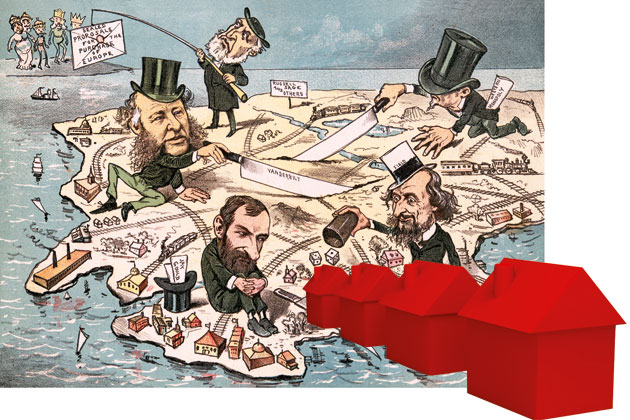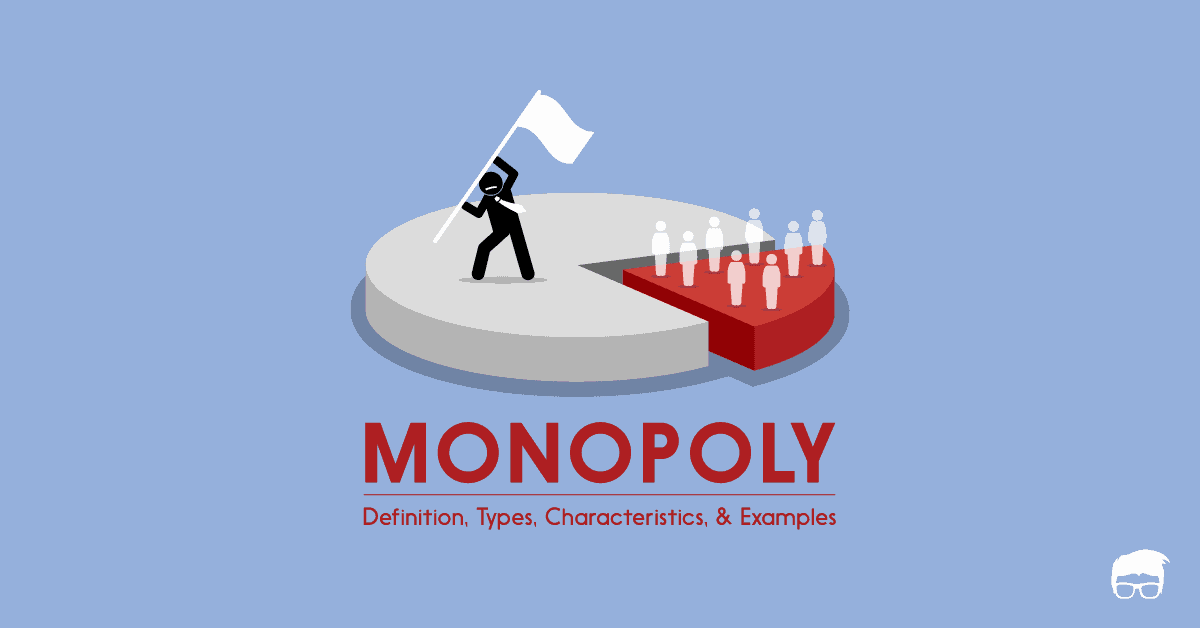

In a statement, Apple said "we vehemently disagree" with the report's conclusions.Īpple, the most valuable company in the world, says it does not have a dominant market position in any of its business lines. Investigators say that Apple generated billions of dollars in profit from the fees, despite costing about less than $100 million to operate. The report found that the controversial 30% commission levied by Apple and Google has resulted in price increases on consumers. That dominance hurts innovation and increases prices and choices for consumers, House investigators found.Īpple, along with Google in its Google Play store, leaves developers with little choice for reaching consumers, the report says, adding that the arrangement leaves developers at the whims of the "arbitrary" enforcement of Apple's app guidelines. The report says Apple exerts "monopoly power" in the mobile app store market by favoring its own apps and disadvantaging rivals. Far from enhancing competition, these uninformed notions would instead reduce it." The authors also write that Amazon profits off ideas and products developed by others, whether that's sellers on its platform, startups it considers buying or even open-source cloud-software developers.Īmazon on Tuesday published a blog post, rebutting "fallacies.at the core of regulatory spit-balling on antitrust." Without directly calling out the report, the post said: "For consumers, the result would be less choice and higher prices. It describes sellers as "exploited" by the company's dominance: not allowed to contact shoppers directly, often limited in their ability to sell on other platforms, facing "strong-arm tactics in negotiations" and receiving either "atrocious levels of customer service" or better service for a fee. Investigators detail Amazon's difficult relationship with other sellers on the platform, which it says "live in fear of the company" and which Amazon refers to as "internal competitors." The report says plainly that "Amazon is the dominant online marketplace" and that evidence "demonstrates that Amazon functions as a gatekeeper for ecommerce." Here are the report's key claims about each company: The tech companies are facing other investigations by federal regulators, state attorneys general and European authorities. "An ounce of prevention is worth a pound of cure-I would rather see targeted antitrust enforcement over onerous and burdensome regulation that kills industry innovation," Buck said in a statement.ĭemocrats say they expect the subcommittee to vote on the report after the House recess. But he said he agreed that Big Tech has grown too big and would work with the subcommittee's Democratic leadership to find solutions. Ken Buck, R-Colo., released his own suggestions for tacking tech's power., saying he did not support the report's recommendations.

"Unfortunately, the Democrats' partisan report ignores this fundamental problem and potential solutions and instead advances radical proposals that would refashion antitrust law in the vision of the far left." "Big tech is out to get conservatives," he said in a statement, repeating a frequent but unsupported claim by conservatives. Jim Jordan, R-Ohio, the ranking Republican on the Judiciary committee, was quick to dismiss the report. The Democratic majority staff authored the report, and no Republicans have publicly endorsed it so far. While the investigation was a bipartisan effort by the subcommittee, the final report has been met by partisan division over its recommendations. Facebook could, theoretically, be barred from acquiring another competitor, after concerns over how it bought rivals including Instagram and WhatsApp.
#Monopolys android#
Google could be banned from using the data the Android operating system collects on users and other apps to refine its products.

They could, for example, restrict Amazon from selling its own products in its marketplace, in direct competition with sellers who depend on the platform to reach customers.

The recommendations, if enacted, could radically change how these companies operate. In particular, the report says, Congress should look at forcing "structural separations" of the companies and beefing up enforcement of existing antitrust laws. The lawmakers say Congress should overhaul the laws that have let the companies grow so powerful. "These four corporations increasingly serve as gatekeepers of commerce and communications in the digital age, and this gatekeeper power gives them enormous capacity to abuse that power," a lawyer for the subcommittee's Democratic majority said in a briefing with reporters. Technology 4 Key Takeaways From Washington's Big Tech Hearing On 'Monopoly Power'


 0 kommentar(er)
0 kommentar(er)
